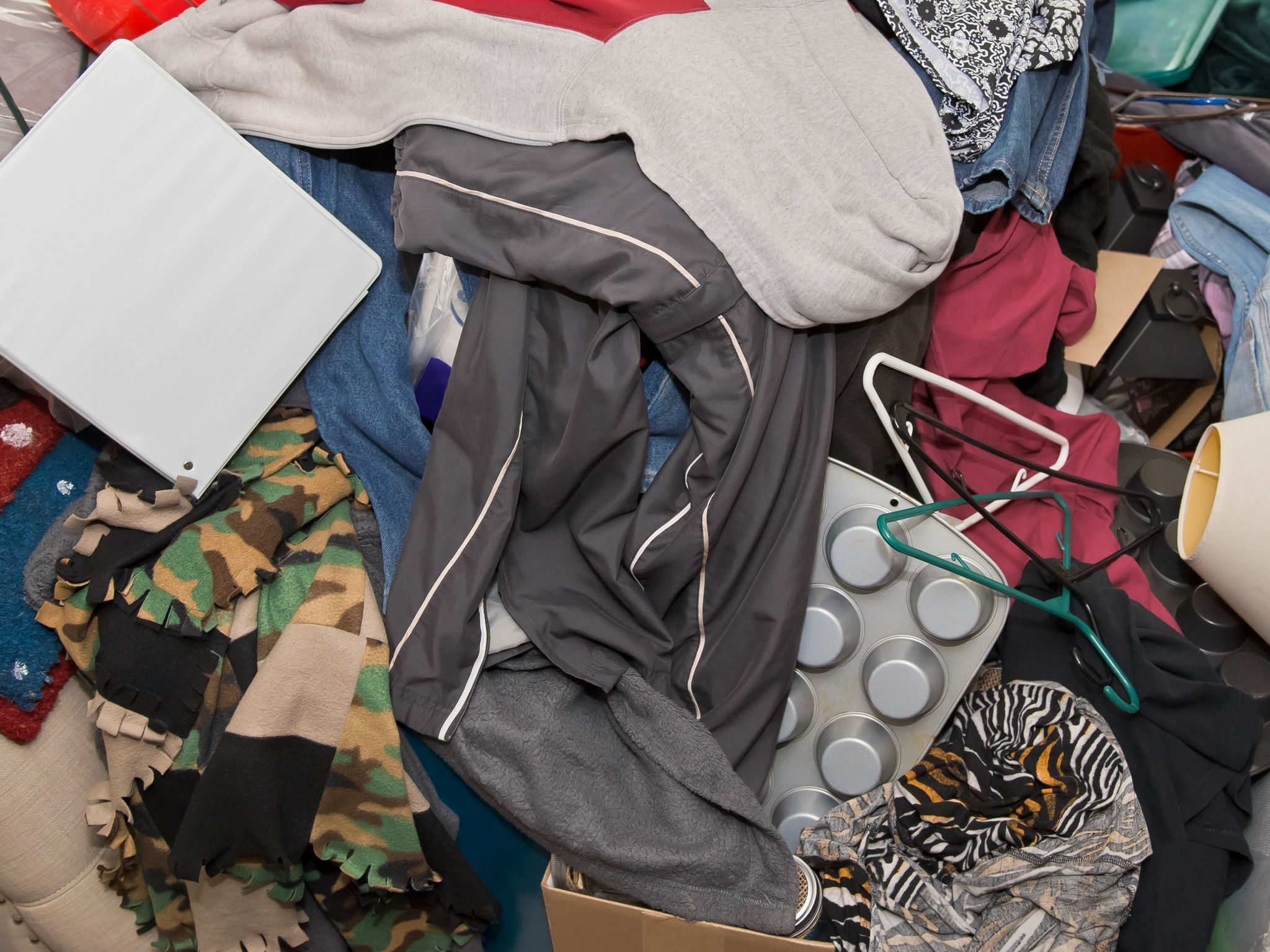Navigating the Emotional Impact of Hoarding Cleanup
Understanding the Emotional Challenges of Hoarding Cleanup
The process of cleaning up a hoarder's home is not just a physical task; it is an emotional journey. For those living in such conditions, their belongings often have deep emotional attachments. This makes the cleanup process particularly challenging, both for the individuals involved and their families. Understanding the emotional challenges can help in approaching the situation with empathy and sensitivity.

The Psychological Effects of Hoarding
Hoarding is often linked to underlying psychological issues such as anxiety, depression, or obsessive-compulsive disorder (OCD). These conditions can exacerbate the emotional attachment to items, making it difficult to part with them. Recognizing the psychological effects is crucial in providing appropriate support and ensuring a compassionate approach during the cleanup process.
For many, the prospect of losing possessions can trigger intense anxiety and distress. This is why it is important to approach the cleanup with patience and understanding, acknowledging the emotional turmoil it may cause.
Steps to Navigate Emotional Hurdles
When embarking on a hoarding cleanup, it is vital to have a plan that considers the emotional state of those involved. Here are some steps to help navigate these hurdles:
- Engage a Professional: Hiring a professional cleanup service with experience in hoarding situations can provide the necessary expertise and emotional support.
- Involve Mental Health Experts: Collaborating with therapists or counselors can help address underlying psychological issues and ease anxiety during the process.
- Take It Slow: Proceeding at a pace that is comfortable for the individual is essential. Rushing can lead to increased stress and resistance.

Supporting Loved Ones Through the Process
Family members and friends play a critical role in supporting loved ones through hoarding cleanup. Their involvement can significantly impact the success of the process. It is important for family members to remain patient and offer encouragement rather than judgment or criticism.
Being present during the cleanup can provide emotional support and reassurance. Encouraging open communication about feelings and fears related to the process can also help alleviate anxiety.
The Path to Recovery and Normalcy
The ultimate goal of hoarding cleanup is not only to restore order to a living space but also to pave the way for recovery and improved mental health. This journey can be transformative, providing individuals with a renewed sense of control over their environment and well-being.

As daunting as it may seem, navigating the emotional impact of hoarding cleanup is a crucial step toward healing. By approaching the situation with compassion, patience, and professional guidance, it is possible to overcome the challenges and move towards a healthier lifestyle.
